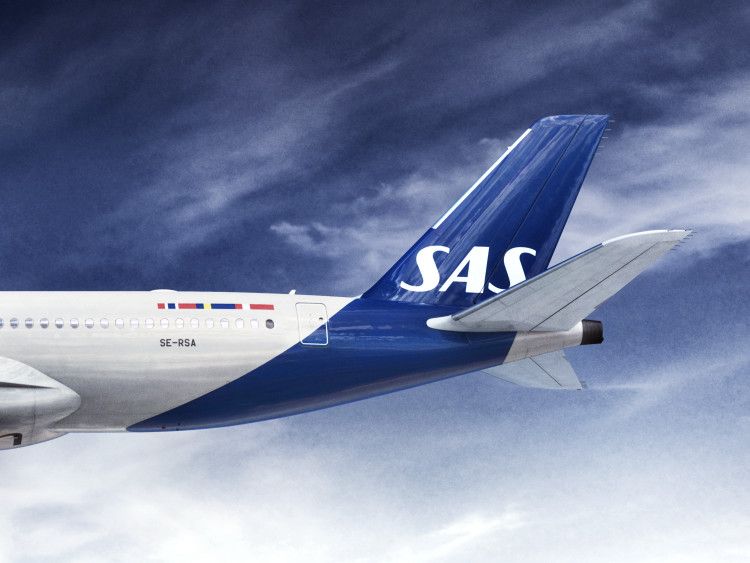In 2018, the Danish Gambling Act was amended. The changes led to betting on dog, pigeon and horse racing, as well as online bingo, being liberalised with regards to regulations. These distinct areas now fall under online casino and betting licensing laws, opening up the market completely.
Below, we’ll take a look at the impact these changes have had on Denmark as a whole. We’ll consider the economic impact, the social influence and consider what it may mean for the nation in the years to come.
The economic impact
The Danish gambling market’s journey to liberalisation began in 2012. These early changes welcomed a new wave of online betting and casinos in an effort to curb the growing illegal gambling market.
No doubt one of the other prime motivations behind a relaxation in gambling laws from the government’s perspective was increased revenue from taxes.
Indeed, this seems to have been the impact according to figures published by the Danish gambling regulator, Spillemyndigheden.
In their latest report, examining the third quarter of 2021, they found a 7.9% increase in revenue from gambling compared to the same period in 2020.
This trend matches one of gradual growth in the weekly average spend on gambling products by Danes over the age of 18.
Liberalisation of a market has inspired a new wave of competitiveness as betting companies seek to lure players. In offering the best odds or attractive welcome deals, online casinos can speak to this growing demand from the Danish people.
More Danes are gambling online
Last year, the Danish gambling regulator Spillemyndigheden revealed the extent of the popularity of online gambling.
In 2019, online betting accounted for a huge 54% of the total gambling market. This is an increase of 23% compared to 2012.
The relaxation of laws surrounding online betting in Denmark has no doubt played a part. With every company now able to apply to the Danish government for licenses to offer online betting, more and more have established themselves over the years. This, in turn, has led to an increase in accessibility for consumers.
Another factor that has arguably contributed to the increase in popularity of online betting has been the ongoing improvement of mobile phones and mobile gambling.
Danish people prefer gambling on their phones
In 2020, the Danish gambling regulator revealed its analysis of Danish betting behaviours between 2012 and 2019. One of their findings was a massive increase in the use of mobile phones to place bets.
In 2012, 89% of online gambling in Denmark was carried out on computers. By 2016, that figure had dropped to 54%, and in 2019, it had fallen further to 39%. This is a swing of 50% in just seven years.
No doubt the development of mobile apps and the improved functionality and performance of online services have made a massive difference to users over the years. Whether people will stop visiting casinos in areas such as Copenhagen and Aalborg remains to be seen.
Denmark has the second largest share of online gamblers in Europe
According to figures produced by Spillemyndigheden, Denmark is second behind Sweden for its share of online gambling in Europe.
As we’ve seen above, 54% of Danes prefer to bet online. Only Sweden, with 59%, were higher. Norway was third with 52%, the UK fourth with 45% and Finland tied with the same.
Curiously, in all other European countries apart from Sweden, Denmark and Norway, land-based betting is most popular. France, for instance, has a massive 76% share of land-based gambling compared to just 24% online.
One of the main reasons cited for the higher figure of online betting in Denmark is the number of sports betting operators in existence in the country. In a lot of other European countries, many online games are illegal or subject to strict rules.
Here, we can see the clear impact of Denmark’s liberalisation of gambling laws. The relaxation of online betting rules has enabled many new operators to enter the market, creating a rich and attractive industry for users.
In summary
The impact of the relaxation of gambling laws in Denmark has been significant. Danes are spending more on gambling, and there have been some interesting behavioural trends in the past few years too.
The popularity of online gambling has surged, and so too has the use of mobile phones to place bets. The ongoing monitoring of these developments by the Danish regulator will be important in helping to create a system that works for everyone.












